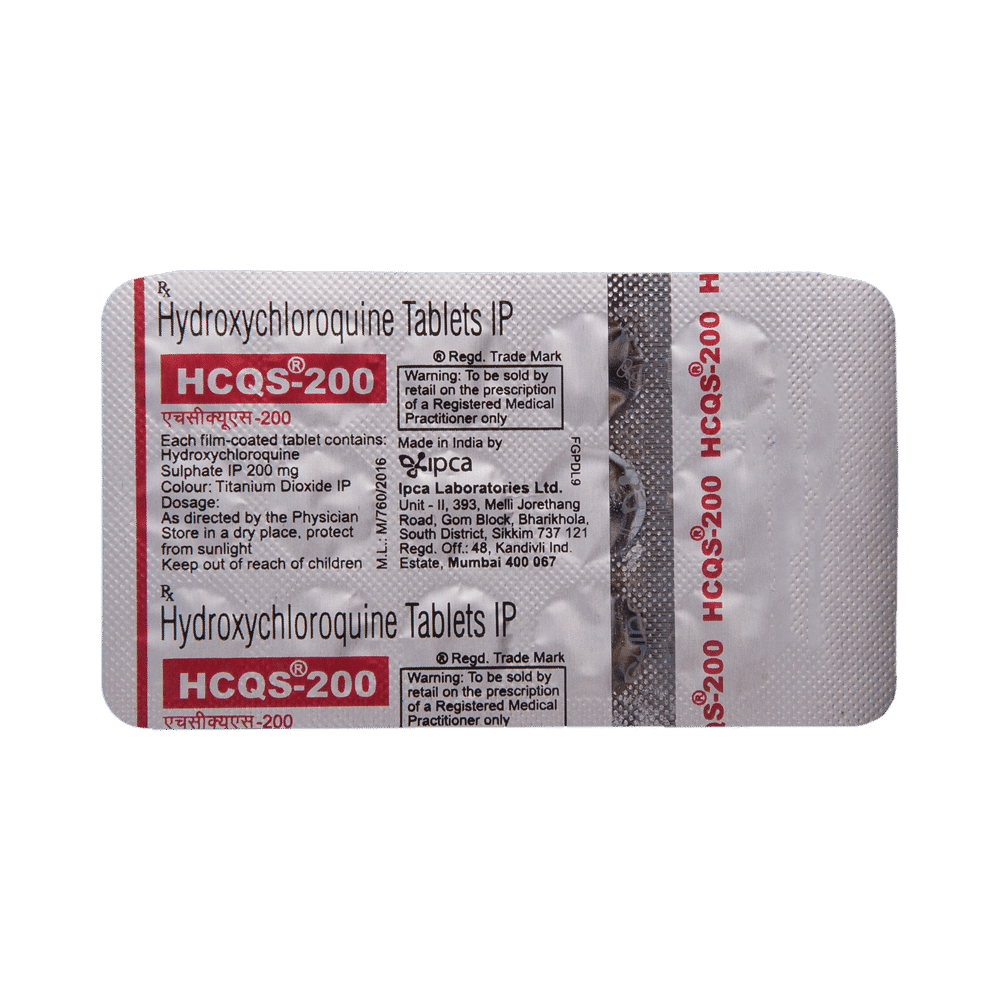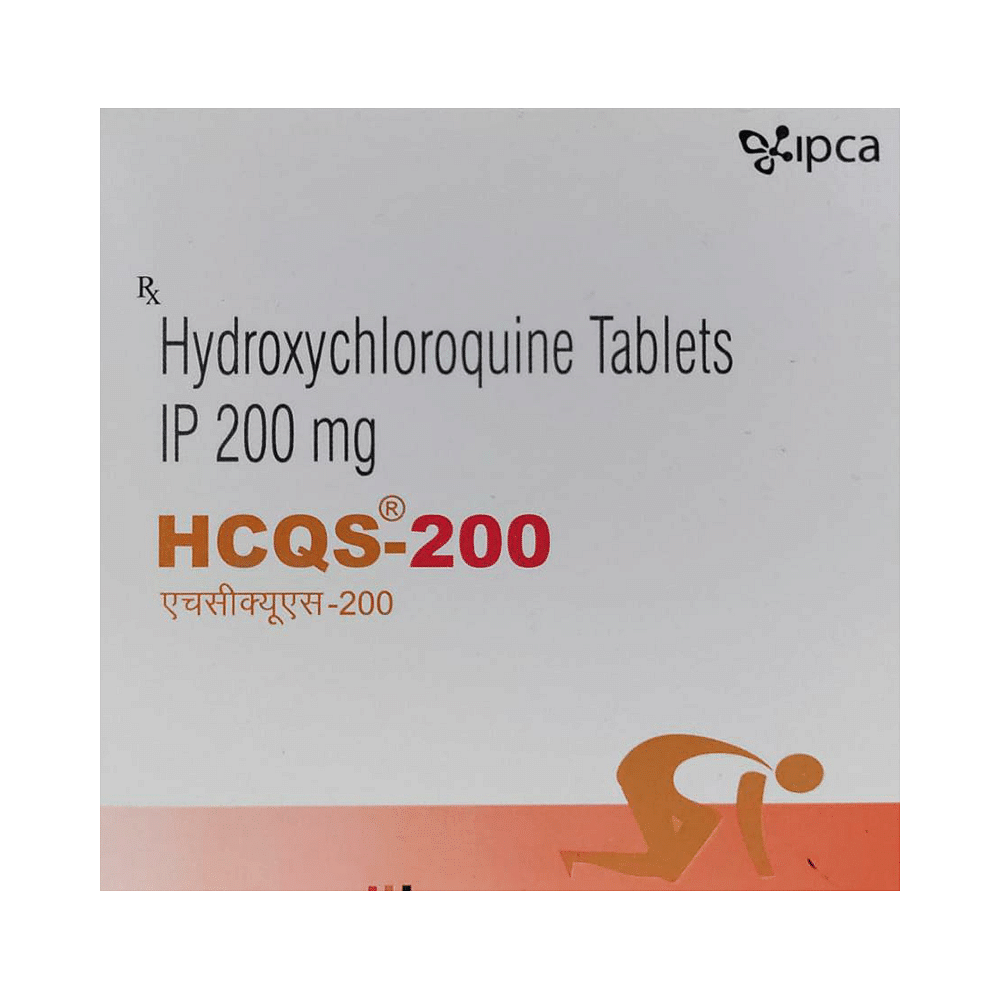
Nid-Q 200mg Tablet
Manufacturer
Nidus Pharma Pvt Ltd
Salt Composition
Hydroxychloroquine (200mg)
Key Information
Short Description
Nid-Q 200mg Tablet is used to treat autoimmune conditions such as rheumatoid arthritis and systemic lupus erythematosus. It also helps improve glycemic control in type 2 diabetes mellitus.
Dosage Form
Tablet
Introduction
Nid-Q 200mg Tablet is a medication used to treat autoimmune conditions like rheumatoid arthritis and systemic lupus erythematosus. It works by slowing the disease's progression and alleviating symptoms such as pain, swelling, and redness. Additionally, it is used in patients with type 2 diabetes mellitus to improve glycemic control. While effective, it is important to take this medication as prescribed and be aware of potential side effects and interactions with other drugs. Regular eye tests are recommended during treatment, and any changes in vision should be reported to a doctor immediately.
Directions for Use
Take this medicine in the dose and duration as advised by your doctor. Swallow it as a whole. Do not chew, crush, or break it. Nid-Q 200mg Tablet is to be taken with food.
How it works
Nid-Q 200mg Tablet is a Disease Modifying Anti-Rheumatoid Drug (DMARD). It works by suppressing the overactivity of the immune system that causes inflammation and pain in the joints, thereby slowing the progression of the underlying disease. It may also increase insulin sensitivity and improve beta-cell function, improving glycemic control in patients with type 2 diabetes mellitus.
Quick Tips
You have been prescribed Nid-Q 200mg Tablet for the treatment of autoimmune conditions such as rheumatoid arthritis or systemic lupus erythematosus. Take it with food to avoid an upset stomach. It can take 8-12 weeks for Nid-Q 200mg Tablet to work. Keep taking it as prescribed. Do not take medicines that neutralize stomach acids (antacids) four hours before and after taking Nid-Q 200mg Tablet as they can stop the medicine from being absorbed properly from your gut. Have regular eye tests done while taking this medicine. Stop taking it and inform your doctor immediately if you notice any changes in your vision. It can cause lowering of blood glucose level. Inform your doctor if you experience hypoglycemia symptoms such as cold sweats, cool pale skin, tremor, and anxious feeling.
Related Medicines

QDMRD-200 Tablet

Hcqs-200 Tablet

HCQS-200 Tablet

H-Quine Tablet

Revachlor 200mg Tablet

Ola HQ 200 Tablet

Cartiquin 200mg Tablet

Latvitor 200 Tablet

Hydronum 200mg Tablet

Hcquin 200mg Tablet


